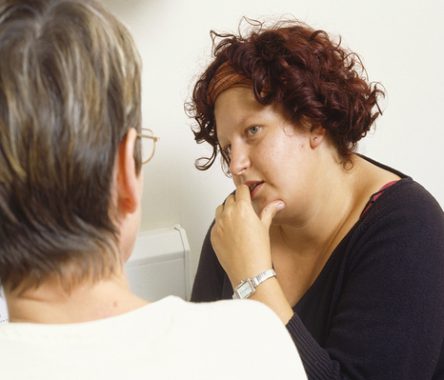A programme to help GPs refer domestic violence and abuse (DVA) victims is set to expand across the UK and globally after a new social enterprise organisation was launched.
The ‘IRISi’ social enterprise launched last week provides training and support to GPs, practice nurses and other primary care clinicians to help them identify and refer women suffering from domestic abuse.
Originally, the IRIS (identification and referral to improve safety) scheme started as a project involving 48 practices in Hackney and Bristol from 2007 to 2010 to help GPs identify women experiencing DVA. Later, it was implemented in sexual health clinics.
However, the new social enterprise will target commissioners in an attempt to expand the project.
Under the project, primary care and third sector organisations specialising in DVA collaborate by linking an ‘advocate educator’ from a specialist DVA service to general practices’ local clinical lead.
Since 2010, IRIS has helped more than 8,000 women to receive specialist support through their GP.
This comes as a recent study by the University of Bristol has shown that UK medical school teaching on domestic violence and abuse (DVA) is inadequate.
Around 7.7% of women and 4.4% of men experienced DVA in the last year, according to figures by the Office for National Statistics.
The programme saves the NHS ‘£1.07 per women per year, when only NHS costs for medical attention and mental health were considered’ – or £3,155 per practice per year, calculated per woman registered in a practice – according to a research published in the BMJ Open.
Medina Johnson, chief executive of IRISi, and a founding member of the IRIS programme, said: ‘Domestic violence is a major public health and societal problem. DVA is a gendered crime and, while it affects one in four women and one in six men during their lifetime, DVA against women is more frequent and more severe with long-lasting effects that have an impact on children, other family members and friends too. It costs the NHS £1.7 billion a year and the annual cost to the UK economy is £18 billion.
‘The need for IRIS has never been greater. While we are proud of our record of IRIS programmes delivering results to date, there are over 8,000 general practices in England alone, ten times the number where IRIS is currently being implemented. At least 25 per cent of women in each of these practices will have experience of DVA and could benefit from IRIS. The potential to make a difference is huge and the savings to the NHS and society proven and clear. IRIS is simply the right thing to do. This is why I am excited to be launching IRISi today and entering this new phase in our development to promote and improve the health care response to DVA.’
IRIS Manchester’s GP clinical lead Dr Clare Ronalds said: ‘The feedback I have received from GPs who have taken part in the training and who are implementing IRIS has been overwhelmingly positive and they consistently highly recommend it to colleagues.’
DVA costs the NHS £1.7bn a year and the annual cost to the UK economy is £18 billion.
Pulse October survey
Take our July 2025 survey to potentially win £1.000 worth of tokens














